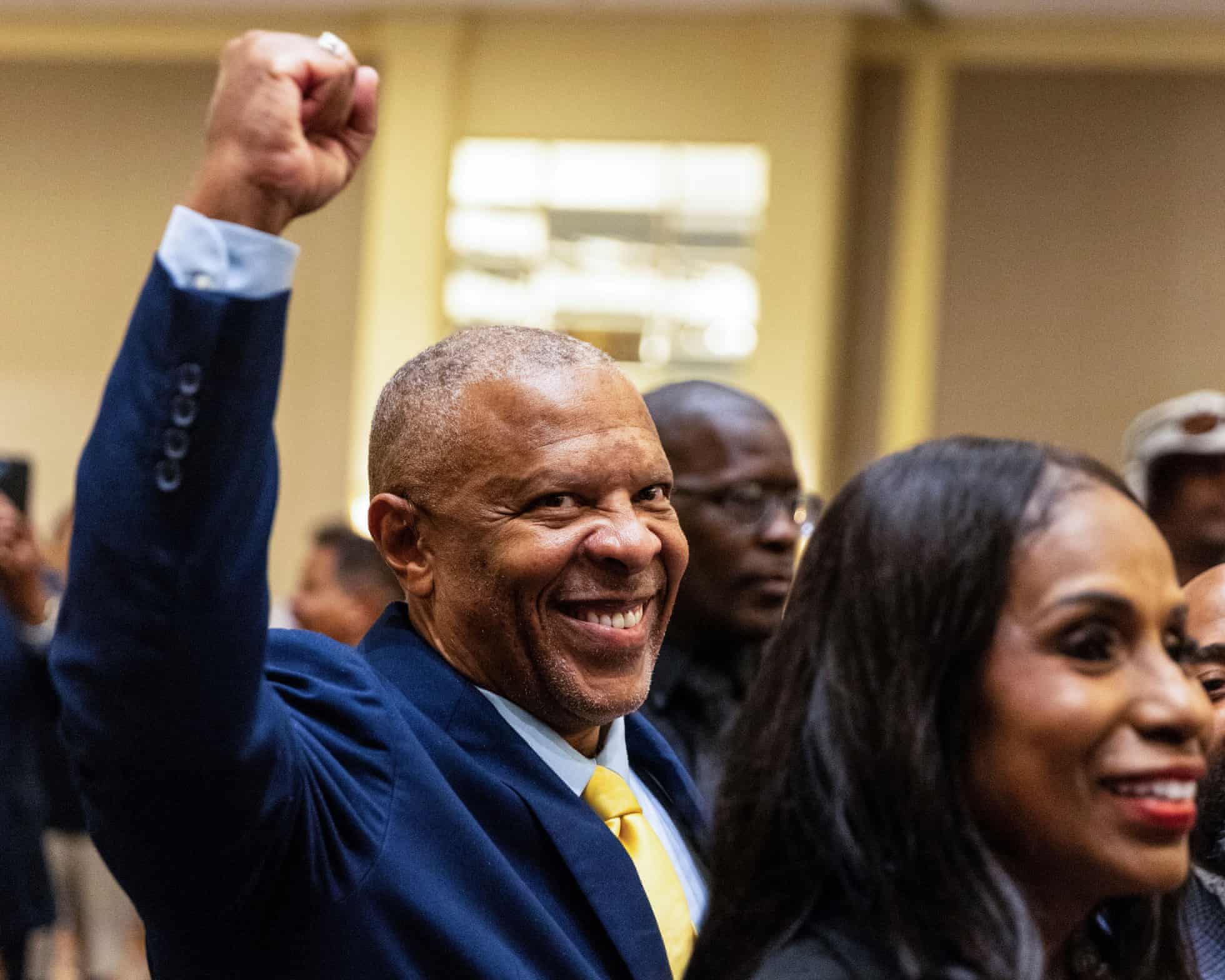 For the last several months, the Trump administration’s reckless use of executive power, trade policy, gutting federal agencies and defying court orders has gone largely unchecked. National Democrats have limited means of opposition – so the best hope for accountability will be electoral accountability.
For the last several months, the Trump administration’s reckless use of executive power, trade policy, gutting federal agencies and defying court orders has gone largely unchecked. National Democrats have limited means of opposition – so the best hope for accountability will be electoral accountability.
This may help explain why last Tuesday’s election results in America’s 41st biggest city generated such outsized excitement from progressives. John Ewing Jr, a longtime county treasurer, was elected the first Black mayor of Omaha, defeating the incumbent Jean Stothert, who was seeking a fourth term after holding that office since 2013. More than that, Ewing won big, by nearly 13 points, marking a huge shift after Stothert won her last race by 30.
Ewing ran a substantive, highly localized campaign that built upon decades of credibility he earned as a public servant – supplemented by the longstanding work of the Nebraska Democratic party to build coalitions in a traditionally deep-red state. In swinging this race by 43 points, they have both inspired hope that the political winds may be shifting, and provided a model for Democrats to succeed in 2026 and beyond.
The results in Omaha are meaningful not for the scale of the city, but for how it may reflect the country as a whole. Omaha’s congressional seat – Nebraska’s second – is a true swing district, one of only three in the country that voted for Kamala Harris in 2024 while also electing a Republican to Congress. It’s a diverse, medium-sized, midwestern city – and if that isn’t enough to convey its heartland status, it’s nearly in the geographic center of the contiguous United States.
